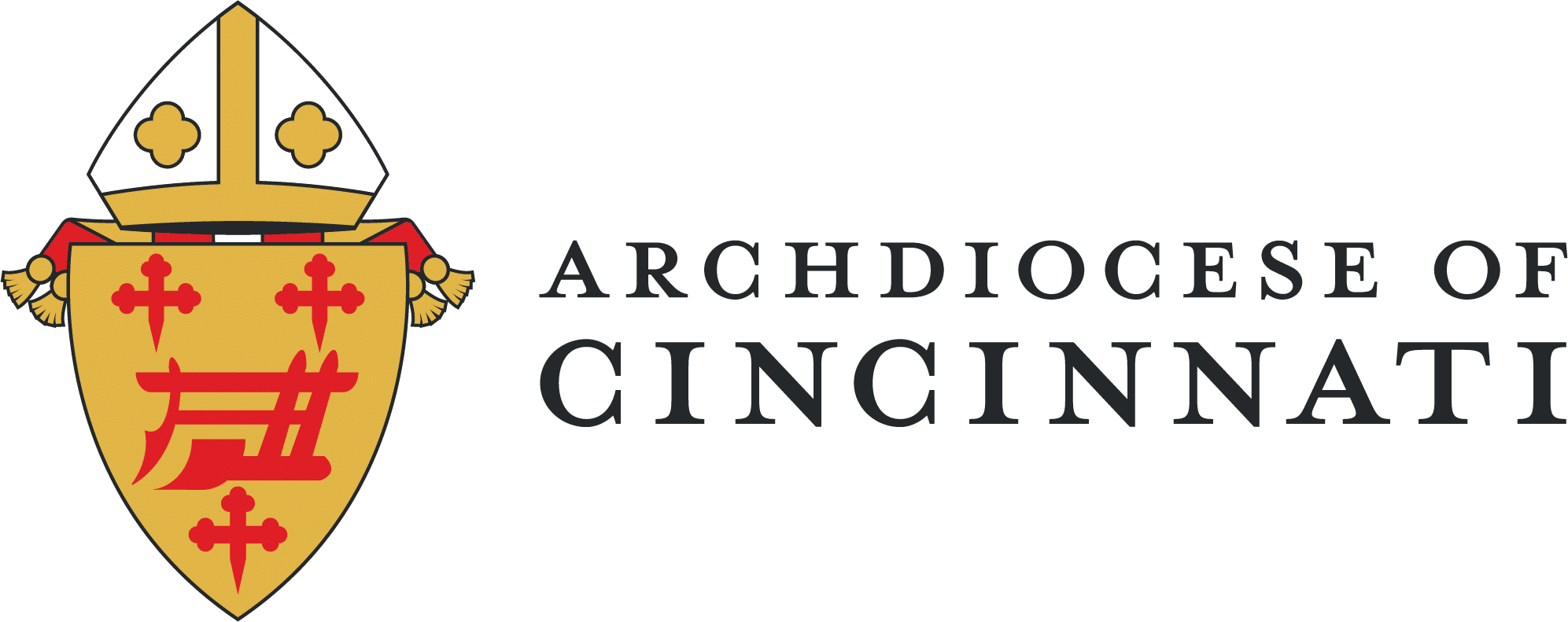W H A T | Memorial Day Observance: Wreath Laying and Mass
W H E N | Monday May 31, 2021
10:30 a.m. Veteran Speech & Wreath Laying | 11 a.m. Mass
W H E R E | Gate of Heaven Cemetery
11000 Montgomery Rd. Cincinnati, OH
Release Date: May 28, 2021
Memorial Day Observance at Gate of Heaven Cemetery
The annual Gate of Heaven Cemetery Memorial Day Field Mass will be celebrated on Monday, May 31. The outdoor wreath laying ceremony and Mass have been celebrated at Gate of Heaven Cemetery for more than five decades. After being unable to hold the Mass in 2020 because of the COVID-19 pandemic, this annual tradition that gathers hundreds of families, is back for 2021. This event has become a family tradition spanning several generations for many who gather each year. American flags have been placed by more than 100 volunteers throughout the cemetery on veteran gravesites.
At 10:30AM a U.S. Marine Veteran will begin the ceremony with a few words honoring the deceased military with a wreath laying ceremony. Following the wreath laying, at 11 A.M. Archbishop Dennis M. Schnurr will celebrate Mass outdoors on the cemetery grounds. In the event of rain, the Mass will be moved indoors to Good Shepard Church, 8815 East Kemper Rd. The cemetery grounds will be open through the day.
For more information about Gate of Heaven Cemetery please visit www.gateofheaven.org.
The Roman Catholic Archdiocese of Cincinnati is the 44th largest Catholic diocese in the country, with more than 440,000 Catholics, and has the fifth largest Catholic school system in terms of enrollment with more than 40,000 students. The 19-county territory includes 211 parishes and 111 Catholic primary and secondary schools.

